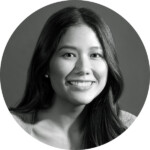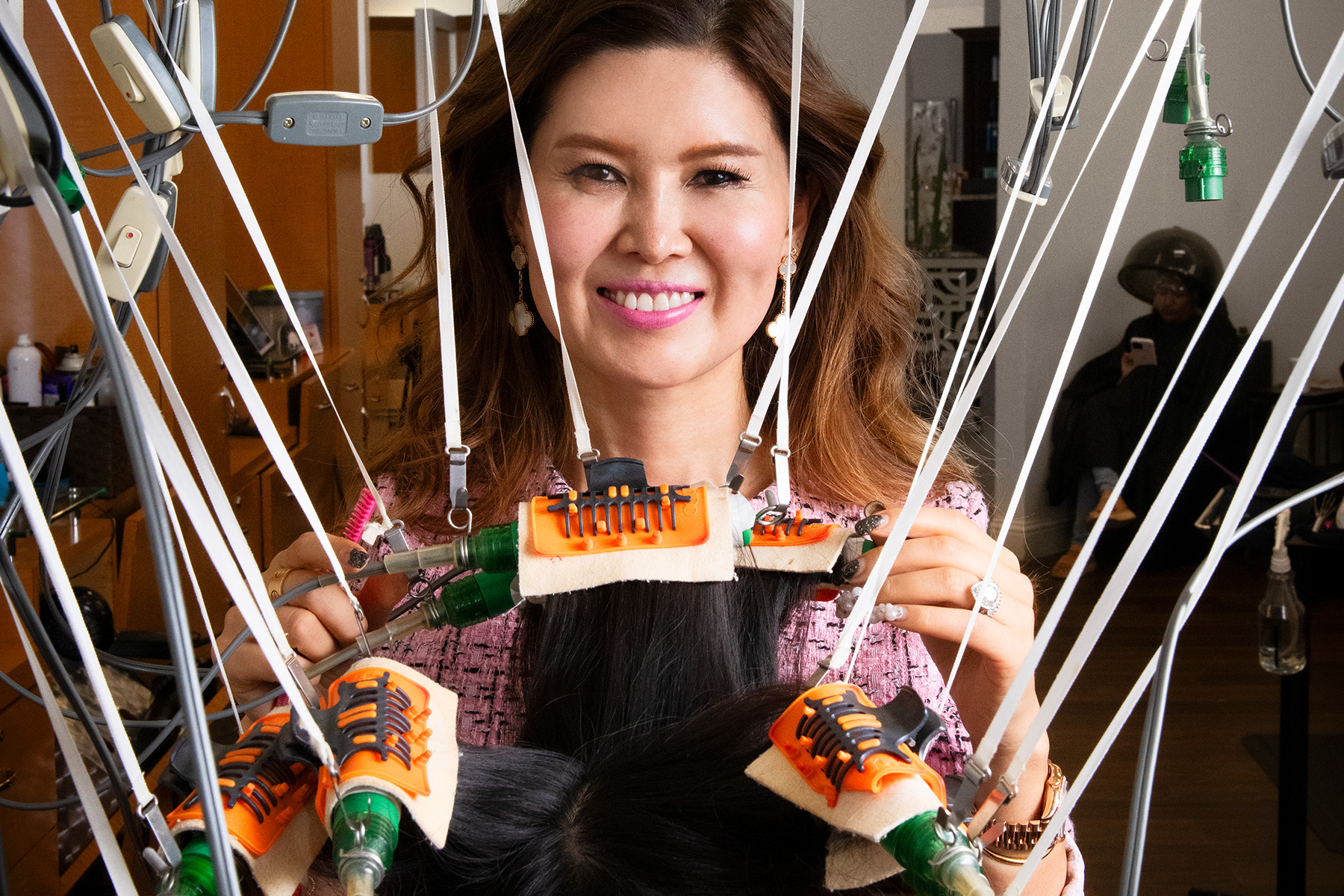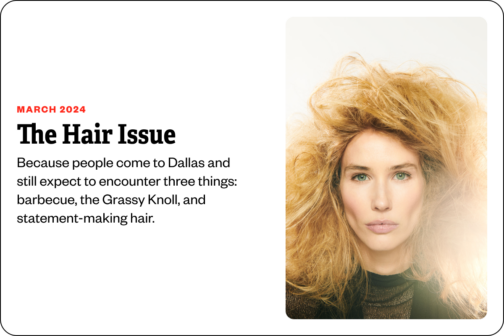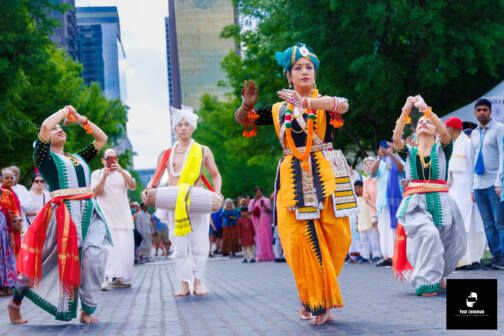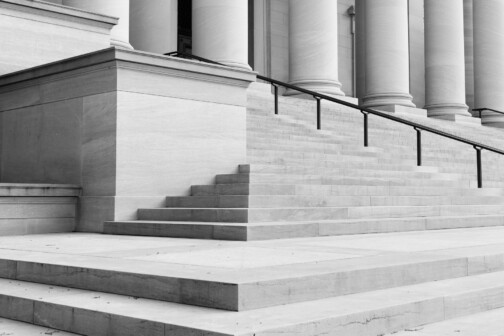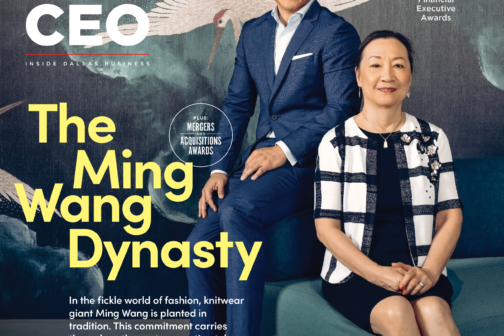For 21 years, Nayoung Jeong has dominated her corner of Salon D. She’s hard to miss. Tall and slender, with striking cheekbones and a head of loose caramel-colored curls that flow down her back, she’s a one-woman show, weaving between the styling chairs from client to client, checking on perms and trimming hair—all while in heels.
Since the Joseon dynasty, which started in the 14th century, hair has been a symbol of strength and beauty in Korean communities. Long, flowing hair was seen as part of a family’s legacy that needed to be preserved. Cutting one’s hair is no longer taboo in Korea, but Jeong, who obtained her cosmetology certification there before moving to Dallas, says styling hair is still an important part of the culture and identity, and that’s why it takes so long for stylists to receive their cosmetology certifications in Korea.
In Texas, stylists must complete 1,000 hours of training, or about seven months. The minimum amount of time for a student in Korea is three years, but it could stretch up to seven. It takes months just to learn how to shampoo hair, and a few more to learn how to blow it dry. They become experts in Asian hair textures, which are typically coarse and require more time for coloring and styling.
Not content with her extensive training, Jeong went to London to learn how to work with color and highlights and then to Japan to master the art of straightening. But none of that prepared her for Dallas. “Texas clients, they love volume,” she says. “When I walked in here, it was not easy.”
Noted: “Texas clients, they love volume. It was not easy.”
During her first few months at Salon D, Jeong watched stylists tease hair and empty cans of hairspray onto their clients’ heads. It was the opposite of what Jeong had spent years perfecting in Korea, where the people in her chair loved volume in the form of soft curls that frame the face rather than hair that aimed for the sky.
Highlights were different, too. Instead of the 30 or so pieces of foil she would typically use on an Asian client’s head, she had to learn how to use nearly 100 pieces to achieve the look her Texas patrons desired. She spent a lot of time frustrated when she couldn’t give them what they wanted. “I was crying a lot,” she says. “I wanted to go home.”
At first, based on her expertise, most of Jeong’s roster was Asian. They kept coming back for perms—her specialty—and then they wanted more: color, highlights, styling, cuts. As she gained more experience, her client base diversified. Now, most of her clients are men, and many of them come for haircuts and perms. Her favorite service is the digital perm, which uses heated rods to create soft waves.
One South Asian woman told me she was there for the first time after hearing how well Jeong does digital perms. She sat in a chair as Jeong sprayed the perming solution and rolled a strip of hair onto a curler. The client then moved to a chair to let the solution restructure her strands. A bit of heat and more chemical treatments followed. After a blow dry and styling, the woman left with soft, even curls—and plenty of volume.
This story originally appeared in the March issue of D Magazine. Write to [email protected].
Author
